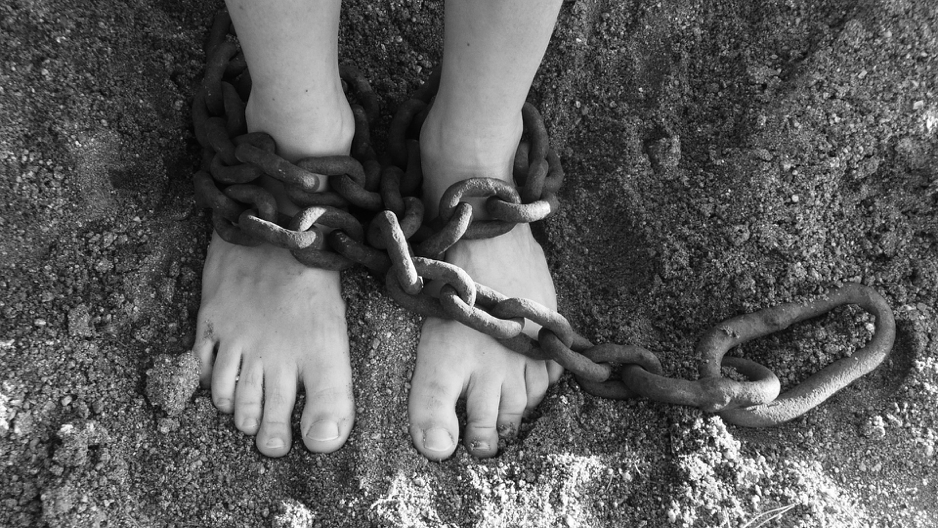Medellín like a Phoenix
- Feb 28, 2019
- 3 min read

I wasn’t born during the times of Pablo Escobar, and neither did I live them. I did not have to fear going out to the streets because of the possibility of being killed by a car-bomb. I did not have to fear traveling by airplanes. I did not have to fear taxi drivers, who were hired by Escobar to “keep an eye out” in the streets of the city. I did not have to watch the news every evening to see the deaths of the many people who were killed by Escobar, including presidential candidates, ministers, renown journalists, judges and policemen. I did not experience the type of fear many before me did. But I was born after all of this, and sadly, I think I live in an equally terrifying era. I live in an era in which foreigners know us Colombians only because of tv shows like Narcos, foreigners who dare to refer to Pablo Escobar with admiration. I live in an era where even the most well-educated people talk about Escobar as the greatest businessman of all times. I live in an era where children (and adults alike) aspire to look and behave like Escobar. I live in an era in which the tourists that visit Colombia prefer to see the places where Escobar lived, or listen to the stories told by the few hitmen that are still alive and filthy rich. I live in an era in which being Colombian, or even “worse”, being from Medellín means permanently trying to hide the wounds of our past. But two days ago, my city took the first step to heal those wounds. The implosion of the Monaco building, the place of residence in Medellín of former drug lord Pablo Escobar, meant the beginning of a new era for the people of Medellín (a.k.a Paisas) and Colombians in general. The fall of those walls represents the way in which all Colombians are tired of the unlawfulness that surrounds us, and its ghosts. It represents that we are ready to open a wound that never fully healed and heal it with dedication not only to change the image foreigners have of us, but also to truly engage in change and exterminate all the curses that drug dealing has casted upon our society. Many will say that demolishing a building means nothing, and that it’s a waste of public revenue to try and expel a ghost that will always be with us. This is somewhat true: the ghost of Pablo Escobar will always chase us until we dedicate ourselves to make it go away with real change. But the implosion of this building means much more. It’s not only demolishing a building to heal old wounds, but a symbol that we are ready to fight against the people who think that “easy money” and violence are the solution to their problems. It’s a symbol that we are willing to change so that the image others have of us also changes. We are tired of drug trafficking, of violence, and of being associated with Pablo Escobar every single time we bring up our nationality. The fall of the Monaco is our way of saying that, and from the ashes of this old and ghostly building that turned into dust in only three seconds, we shall be reborn. All of that said, I take this opportunity to once more leave a clear message to my national and international readers: Medellín is NOT Pablo Escobar. Medellín is innovation, entrepreneurship and strength. It’s a city of music, art and literature. It’s nature, traditions, colors and great tastes. Medellín is happiness and fraternity. Medellín, is more.



Comments